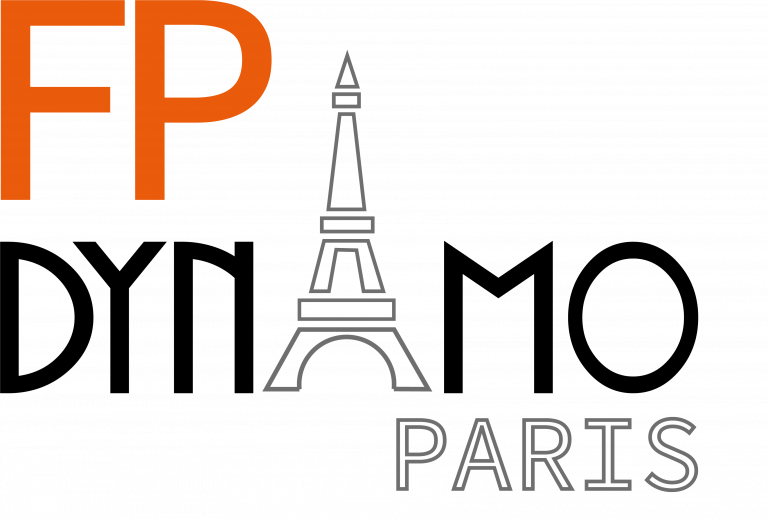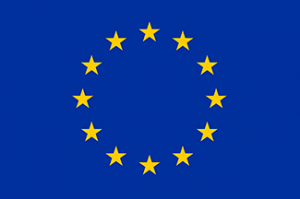
COFUND FELLOWSHIP PROGRAMME
Genetics, Genomes, and RNA
- RNA maturation
- Methylation of the translation apparatus
- Ribosome Quality control in Yeast (2yrs)
- Telomere Biology (2yrs)
- Genome evolution and post-endosymbiotic innovations in diatoms
Study of photosynthesis and its regulation in diatoms
Talented researchers who have a PhD degree or equivalent (R2 recognized researchers) at the recruitment date AND. They need to have research experience in the field relevant tot the call.
Applicants must comply with a mobility demand:
- Applicants must not have resided or carried out their main activities (work etc.) for more than 12 months in France in the 3 years immediately prior to recruitment date. Time spent as part of a procedure for obtaining refugee status under the Geneva Convention, compulsory national service and/or short stays such as holidays are not taken into account.
- Exciting work in a dynamic team of researchers with backgrounds in different disciplines across biology, chemistry, physics, and computational science.
- The convivial, international environment in a human-sized atmosphere on the Montagne St-Geneviève campus, in the Latin quarter of Paris.
- Competitive salary, starting at around 2400€ after taxes (for a candidate with less than 2 years of post-doctoral experience)
- Mentoring programs to support career development.
- Development of personal strengths, e.g. through an extensive range of training courses, opportunities for career and personal development.
The employment benefits include health insurance, pension, and a mobility allowance.
To see a full salary table, click HERE
Call 3 is now closed.
All the candidates need to submit their application via CNRS Portail Emploi, to go to CNRS website click « APPLY » next to the name of the project in the section ‘Fellowship topics’ or click on Euraxess link.
In addition we kindly ask you to send your documents mentioned below to dynamocofund@ibpc.fr :
- CV (in English)
- Motivation letter describing short and long-term scientific and careers goals
- Research theme(s) (with the name of the PI) you are applying for
- A minimum of 2 reference letters
- Signed statement that you are in compliance with the Mobility rule
FP-DYNAMO-PARIS FELLOWSHIP PROGRAMME
offers a unique interdisciplinary environment and a fundamental research initiative in the centre of Paris to train the scientists of tomorrow in the field of physico-chemical biology. The goal of the research programme is to integrate knowledge on gene expression, structural and membrane biology, and bioenergetics in bacteria, chloroplasts and mitochondria in the general context of improving our understanding the biogenesis of energy-transducing membranes. These studies will involve cutting-edge technologies including structural biology (NMR, X-ray crystallography and CryoEM), RNA sequencing, mass-spectrometry, synthetic biology, microfluidics, computational modelling and visualization.
Post-doctoral fellows will have the opportunity of developing their research projects in a dynamic scientific environment covering three main research themes (see below).
We’re proposing 19 fellowships in total for the most brilliant students from all over the world.
This project is funded by the European Union’s Horizon 2020 Research and Innovation Programme under the Marie Skłodowska-Curie actions (grant agreement No 101034407).
RESEARCH
The ERs will have the possibility of developing their research projects covering 3 main research axes:
Axis 1 will study the evolution of energy producing organelles from their bacterial ancestors, not just from the point of view of post-transcriptional gene regulation, but also how endosymbiosis was originally established and how the host and organellar genomes cross-talk to maintain a mutually beneficial relationship. These studies will involve cutting-edge technologies including synthetic biology, microfluidics, and the bioinformatics, visualization, structural biology and mass-spectrometry platforms of the IBPC.
Axis 2 will focus on membrane biogenesis, dynamics and regulation in bacteria, chloroplasts and mitochondria. The goal is to study the structures of membrane proteins and their complexes, exploiting our expertise in surfactant chemistry.
Axis 3 will centre its activities on the supramolecular organisation of electron transfer chains in energy transducing membranes using multi-scale integrated structural biology approaches, examining biological functions from the cellular to the atomic scale and from the millisecond to nanosecond time scale. This task will increase our global understanding of bioenergetics-related processes, a timely challenge in today’s changing environment and urgent need for new innovations in areas related to renewable energy.
400 publications since 2012
20% in high-impact journals (Impact Factor>11)
a dozen patents and licenses
collborations with prestigious institutions
MENTORING PROGRAMS
The FP-DYNAMO-PARIS project involves a series of courses and training events dedicated specifically to help fellows further develop the critical skills required for successful careers that go far beyond the pure research environment (science-based entrepreneurship, collaborations with the private sector to push their results from science to marketable technology).
SOFT SKILLS
Specific training will be proposed to ERs that focuses on knowing oneself and others, emotional intelligence, project management and team cooperation, listening and communication in a team, conflict management, creativity and innovation, efficiency, time management, public speaking, civic engagement and leadership. This will be refined through attendance of the EMBO course on “Laboratory Leadership for Postdocs” to be included in the retreat in Padua, and involvement in dedicated complementary soft skill training events.
CLICK & GET TO KNOW OUR POST-DOCS

This project has received funding from the European Union’s Horizon 2020 research and innovation programme under the Marie Skłodowska-Curie grant agreement No 101034407